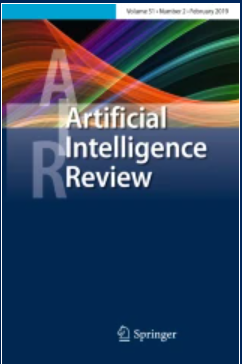Enhancing decentralized energy storage investments with artificial intelligence-driven decision models
Abstract
Decentralized energy storage investments play a crucial role in enhancing energy efficiency and promoting renewable energy integration. However, the complexity of these projects and the limited resources of the companies make it necessary to determine strategic priorities. This paper tries to define effective investment strategies for the improvements of the decentralized energy storage projects. In the first stage, the selection of mass experts is made via information gain-based mass expert selection. Next, the assessments of the experts are balanced based on the opinion of the best expert by using q-learning algorithm. Moreover, determinants of decentralized energy storage investments are examined with molecular fuzzy (MF) cognitive maps. Finally, strategy alternatives for decentralized energy storage investments are ranked with MF multi-objective particle swarm optimization (MOPSO). The main contribution of this study is the identification of the most effective decentralized energy storage investment alternatives by establishing a novel model. The main novelty of the proposed model is that considering information gain-based mass expert selection technique allows for higher consistency and decision efficiency. Owing to this issue, the decision-making process is accelerated, and the applicability of the results increases. The findings indicate that customer expectations (weight: 0.2577) and financial issues (weight: 0.2513) are the most essential criteria in improving the performance of decentralized energy storage investments. Furthermore, hydrogen-based energy storage (average value: 0.1878) and distributed battery swapping stations (average value: 0.1877) are the most important decentralized energy storage investment alternatives.

 求助内容:
求助内容: 应助结果提醒方式:
应助结果提醒方式:


